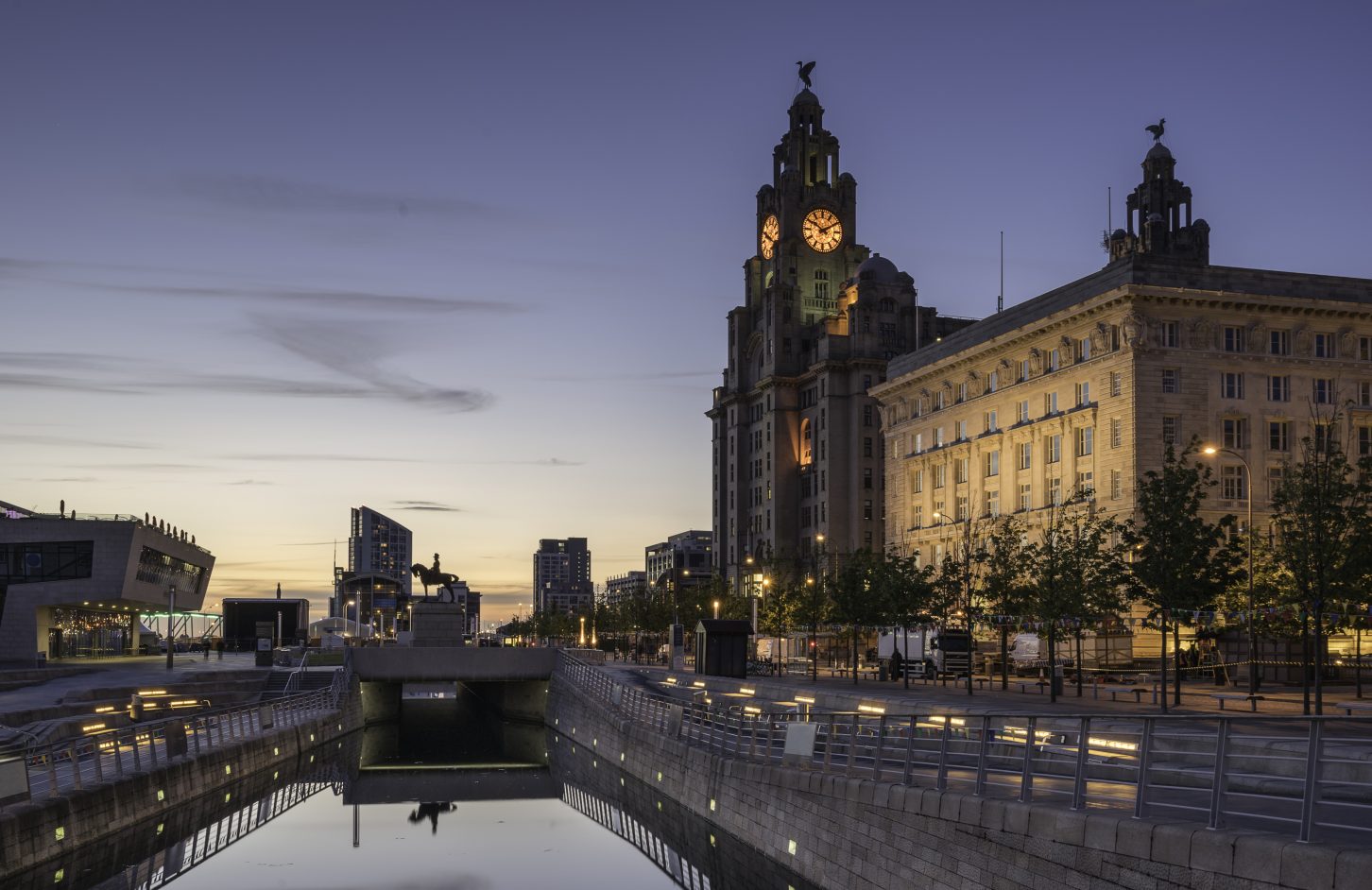Romilly Dennys, executive director at Coadec, looks at how Liverpool can become a leading tech hub.
Debbie Edwards is a founder on a mission: to create a world where the skills, career choices and life aspirations of girls and women are equally matched across every global sector – starting with tech.
I witnessed Debbie in action this week when she invited me to join a female disruptors hackathon in Liverpool. I left in no doubt that Debbie will help inspire a generation of young women to re-imagine their tech-driven future, even if it takes them down the road less traveled.
For the stats speak for themselves: only 17% of tech positions are taken by women. Over 45% of those leave mid career, and 80% of apps are built by men. But Debbie is breaking down stereotypes and stats to brilliant effect: to encourage the idea that digital technology is often simply an enabler to creating new and exciting opportunities: across all industries, sectors and regions....

